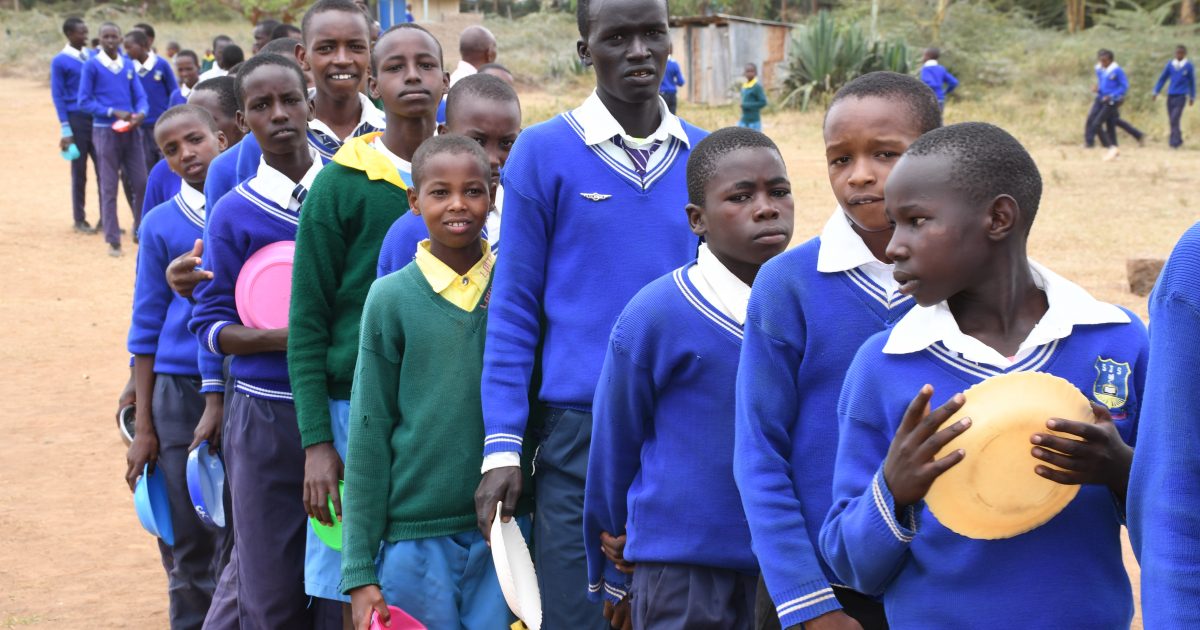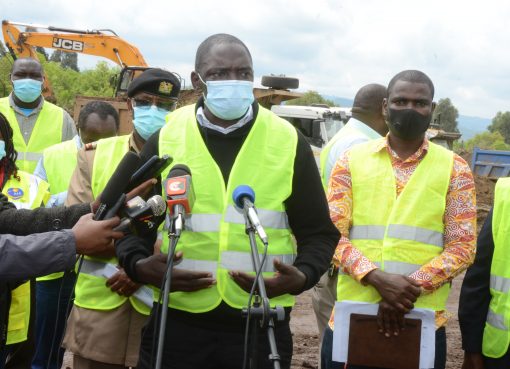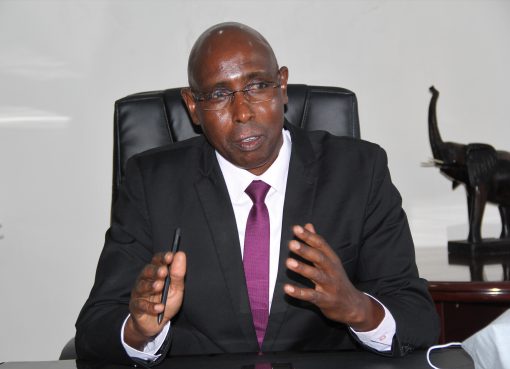The government is in talks with the World Bank to increase the number of low cost boarding primary schools for learners in banditry prone counties to avert persistent disruption of learning due to the insecurity menace.
A technical team led by the head of the Directorate of Projects Coordination and Delivery in the Ministry of Education Elijah Mungai are currently undertaking a need assessment survey with a view to come up with recommendations
The team which is evaluating the status of the Kenya Primary Education Equity in Learning (KPEEL) program is expected to identify troubled hotspots where such schools could be revamped to absorb boarding learners and facilitate the restoration of an ideal learning environment.

The move comes in the wake of reports that dozens of schools were recently closed for security reasons after communities in the troubled areas fled their homes along with the learners due to the raids.
KPEEL team led by National Coordinator Martha Ekirapa and World Bank’s senior education specialist Ruth Charo while on a fact finding mission in Samburu County to establish the status of the programme heard that eight local schools were affected.
Samburu County Commissioner John Cheruiyot during a meeting with the team proposed the establishment of two low cost boarding schools in key hotspots in Central Sub County to woo back, and retain learners in classes.
The County Director of Education Mohamed Ali in his briefing informed the fourth Mission on the implementation of the KPEEL programme expressed fears that many day scholars from the banditry ravaged communities could easily drop out of schools due to the challenges.
He singled out schools located on the edges of the Malaso conflict belt where several institutions including Malaso, Losuk, Morijo, Ngorika, Soit Pus, Pura and Lorok Primary schools which were closed.
Cheruiyot however assured the development partners that plans were on course to beef up security along the area stretched from the infamous Suguta valley all the way to the Kapedo escarpment to ensure the learning activities resumed
He however commended the Partners for rolling out the KPEEL program of which at least 90 percent of local schools were beneficiaries further boosting the quality and learning standards in some of the most challenged environments in the country.

The team including officials from the World Bank, the Jomo Kenyatta Foundation, Elimu Yetu Coalition, Department of Refugees Services, The Teachers Service commission and others stakeholders are on field visits across the country to audit the implementation of the five year KPEEL program.
Other Counties earmarked for exercise include Turkana, Bungoma, Siaya, Kisii, Bomet, Narok, Kisumu, Kakamega,Uasin Gishu, Nakuru Mombasa and Kwale where several schools were beneficiary of the program that seeks to address inequities hindering access to quality basic education
The program which is running in concurrence with other interventions in the education sector including NESSP II initiative, Elimu scholarship, school improvement Program at least six million learners in primary schools including about 221,529 children in refugee hosting counties
Ekirapa says the Program intends to reduce disparities in learning outcomes, improve the retention of girls in upper primary education, and strengthen systems for equitable education outcomes.
However, the program encompasses component of infrastructure development, school meals, environment, governance and accountability to ensure that desired results areas including improved learning outcomes were realized
The Technical team toured Nontoto Primary School where they were shocked to find boarding learners sharing beddings and related amenities in their desperate quest for knowledge.

At one point the team was taken aback by the state of affairs in the girl’s dormitory prompting Ms Charo and KPEEL National Co-coordinator Martha Ekirapa to mobilize an impromptu fund raiser to procure needed beddings for the boarders from poor backgrounds.
The school’s head teacher Susan Languris expressed her frustrations when girls who could barely afford the Ksh 1000 Levy under the low coast boarding facility showed up for admission yet they were more vulnerable to drop out due to cultural traits of their communities.
By Victor Obure





